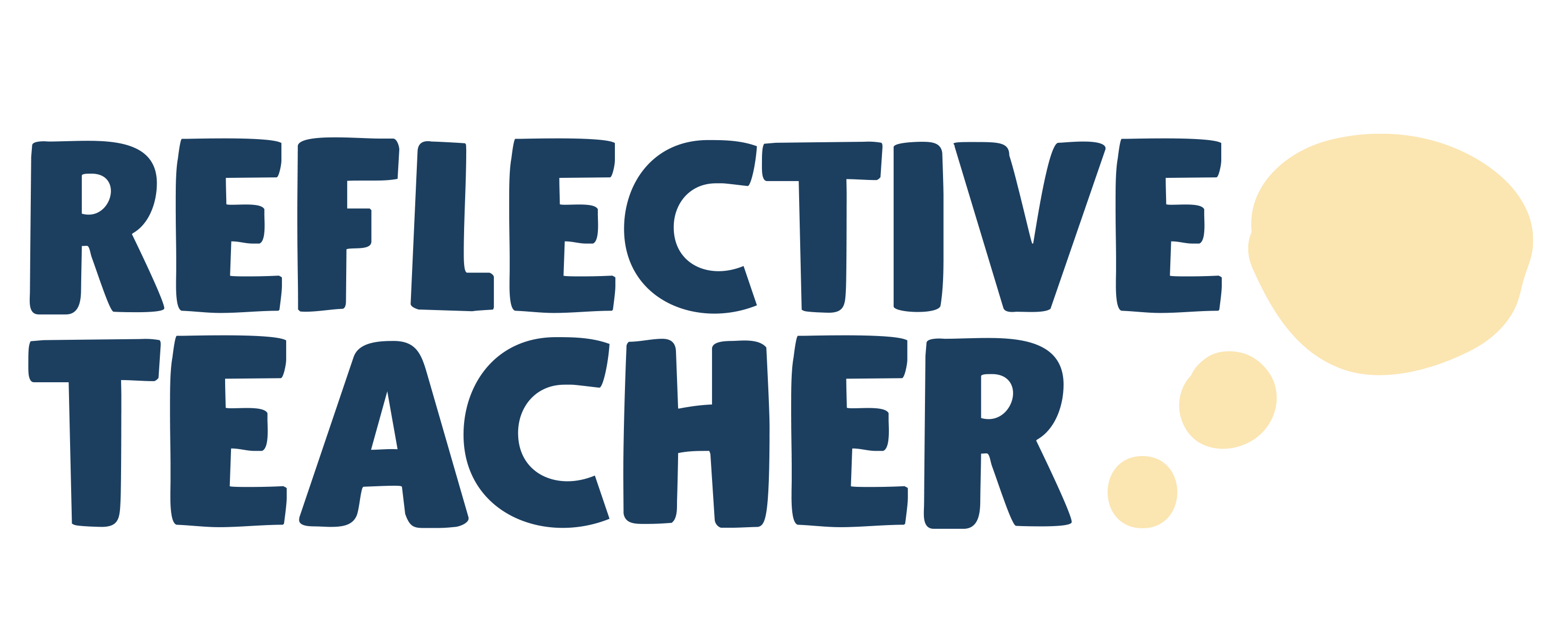Welcome back, Reflective Educators! 🌿
After exploring the basics of reflective practice in our last post, it’s time to delve deeper into how we can further enrich this transformative journey. Reflective practice is not just a one-time activity but a continuous process of growth, learning, and adaptation. In this post, we’ll uncover advanced strategies that can elevate your reflective practice, ensuring it remains a powerful tool for personal and professional development. So, let’s continue our journey into the art of reflection with fresh insights and innovative approaches.

Beyond the Basics: Elevating Your Reflective Journey 🚀
Reflective practice is akin to tending a garden; it requires patience, care, and the right techniques to flourish. As you become more comfortable with basic reflection, it’s time to introduce new methods that can challenge your thinking, deepen your insights, and broaden your perspectives.
1. Collaborative Reflection: The Power of Shared Insights 🤝
Engaging in collaborative reflection with colleagues can open up new avenues for learning and growth. This can be structured as peer reflection sessions, where you discuss teaching experiences, share challenges, and brainstorm solutions together. The synergy of diverse perspectives not only enriches your reflective practice but also fosters a supportive teaching community.
- Action Step: Organize monthly reflection meetings with your colleagues. Use these sessions to discuss specific themes, share classroom experiences, and provide mutual support.
2. Critical Incident Analysis: Turning Points for Growth 🧩
Critical incident analysis involves reflecting on significant teaching moments—both positive and negative—that have a profound impact on your practice. By analyzing these moments, you can gain deeper insights into your teaching philosophy, decision-making processes, and student interactions.
- Action Step: Identify a critical incident from your teaching experience. Reflect on what happened, why it was significant, and how it has influenced your teaching approach.
3. Integrating Student Voices: Reflection Through Their Eyes 👀
Incorporating student feedback into your reflective practice provides invaluable insights into their learning experiences and needs. This approach not only enhances your teaching strategies but also demonstrates to students that their opinions are valued and considered.
- Action Step: Develop a regular mechanism for gathering student feedback, such as reflective journals, feedback forms, or discussion forums. Use this feedback as a basis for reflection and adaptation in your teaching practices.
4. Reflective Teaching Portfolios: Documenting Your Journey 📖
Creating a reflective teaching portfolio allows you to document your growth and achievements over time. This portfolio can include lesson plans, student work, reflective entries, feedback, and professional development activities. It serves as a comprehensive record of your teaching journey, showcasing your evolution as an educator.
- Action Step: Start compiling your reflective teaching portfolio. Regularly update it with new materials and reflections, using it as a tool for self-assessment and professional dialogue during evaluations or interviews.
5. Engaging with Research: Connecting Theory and Practice 📚
Enhancing your reflective practice with insights from educational research can provide a solid theoretical foundation for your reflections. By staying informed about the latest studies and theories in education, you can critically evaluate your teaching practices and explore new strategies grounded in research.
- Action Step: Dedicate time each month to read educational research articles or books. Reflect on how these insights can be integrated into your practice or how your experiences align with or challenge current research findings.
Conclusion: A Lifelong Reflective Odyssey 🌌
As we delve deeper into reflective practice, it becomes clear that reflection is not just a teaching strategy but a way of being. It’s about embracing curiosity, being open to change, and continuously seeking ways to enhance our impact as educators. The journey of reflective practice is ongoing, filled with discoveries, challenges, and growth opportunities.
Remember, the deeper your reflections, the more profound your growth. Let’s continue to support each other in this reflective odyssey, sharing insights, challenges, and successes along the way. Here’s to our collective journey towards becoming the most reflective, effective, and inspired educators we can be. 🌟
Stay tuned for more insights and strategies on nurturing your reflective practice. Happy Reflecting!
Join the ReflectiveTeacher Movement!
Start your year by joining the ReflectiveTeacher community. Visit ReflectiveTeacher’s Official Website for more information and to download the app. Follow us on Twitter, Instagram, and LinkedIn for the latest updates and insights from educators around the globe. We offer a 30 day free trial to any school of any size to give ReflectiveTeacher a test drive.



Comments are closed